Living with major depressive disorder
Learn seven ways major depression affects your life.
Updated on April 27, 2023
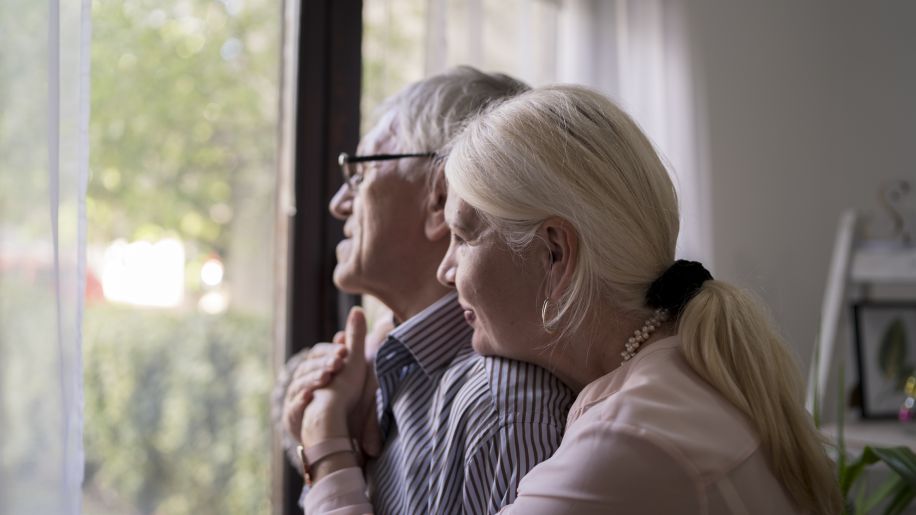
Major depression (also known as clinical depression, major depressive disorder, or MDD) doesn't just involve you. It can affect your friends, family, and other people close to you.
"Depression affects a person across the board," says Rob Doyle, MD, clinical instructor in psychiatry at Harvard Medical School and affiliated with Massachusetts General Hospital. Left untreated, it can be extremely damaging to your well-being, he adds. If you are experiencing major depression, it’s important to understand the effects it may have on various areas of your life.
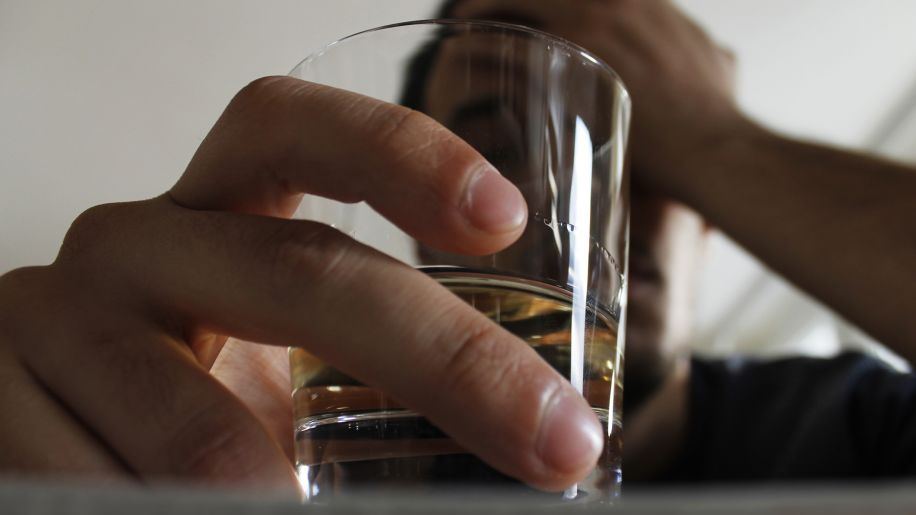
Alcohol and Substance Abuse
Substance abuse is common among people with depression, says William Marchand, MD, assistant professor of psychiatry at the University of Utah and author of Depression and Bipolar Disorder: Your Guide to Recovery. People with depression may self-medicate to feel better, or addiction can be the main issue and depression follows.
According to the United States Department of Health and Human Services, more than a quarter of adults with a serious mental health problem, such as depression, also have a substance use problem.

Problems at Work or School
Depression can cause sleep problems, making it hard to fall and stay asleep. If you don't get enough rest, you may feel foggy and sluggish the next day. In a 2020 study published in Preventing Chronic Disease, researchers examined reported sleep disturbances and depressive symptoms in over 1,700 women in their 20s. Nearly one in five women reported sleep disturbances and those who did were four times more likely to report recent symptoms of depression than those who did not. Difficulty sleeping can affect your performance at work or school or your general sense of alertness and well-being.
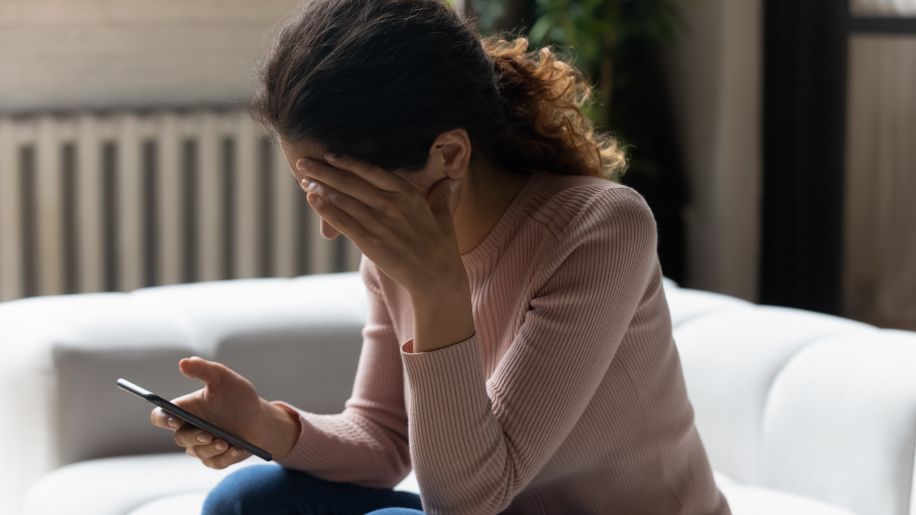
Depression and Loneliness
If you have major depression, you may not enjoy the things you used to. There's a general loss of interest in life. "The depressed person is just going through the motions, not engaged," Dr. Doyle says. If you notice you’ve lost interest in activities you typically enjoyed, you may want to speak to a healthcare provider (HCP) about getting screened for depression.

Thoughts of Self-Harm
A person with depression may feel like there's a dark cloud hanging over their head. "It can become quite painful," Doyle says. You may start to think life is too difficult or have thoughts of harming yourself. Discuss with a HCP a plan for what you will do if these thoughts occur.
If you think you might hurt yourself, call or text the 24-hour National Suicide Prevention Lifeline at 988, your HCP, or a designated family member. If you are actively considering suicide, call 911 right away or go to the nearest emergency room.
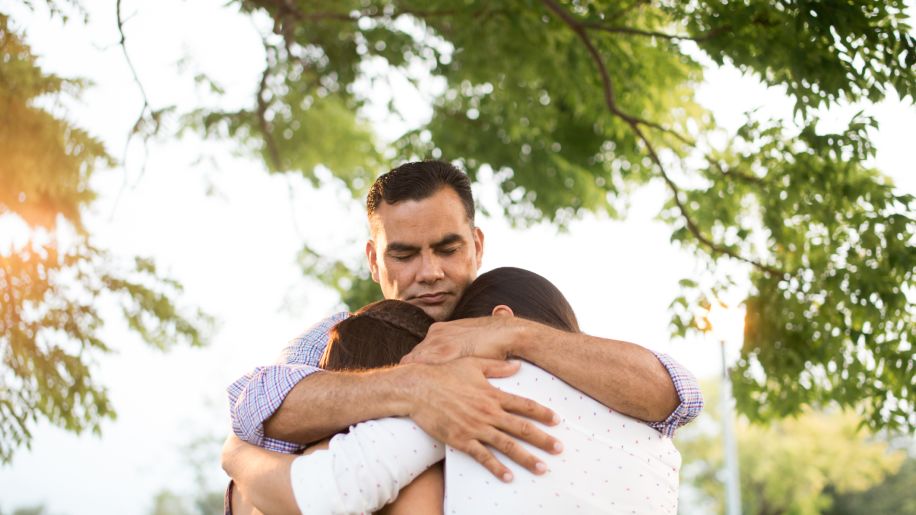
Family Problems
"Depression almost always changes a person's thinking," Dr. Marchand says. It often changes the way you act at home. You may feel negative about yourself and see the world through a negative lens. On top of this, work issues and family problems can feed into each other, especially if there is job loss.
Loved ones may not understand what's going on, and statements such as, “What’s wrong with you?” or “Snap out of it!” may only increase feelings of worthlessness and sadness. Learning about depression can help stave off comments like these. To promote understanding and support, it may be helpful for a family member or friend to go with you to some HCP appointments and therapy sessions.
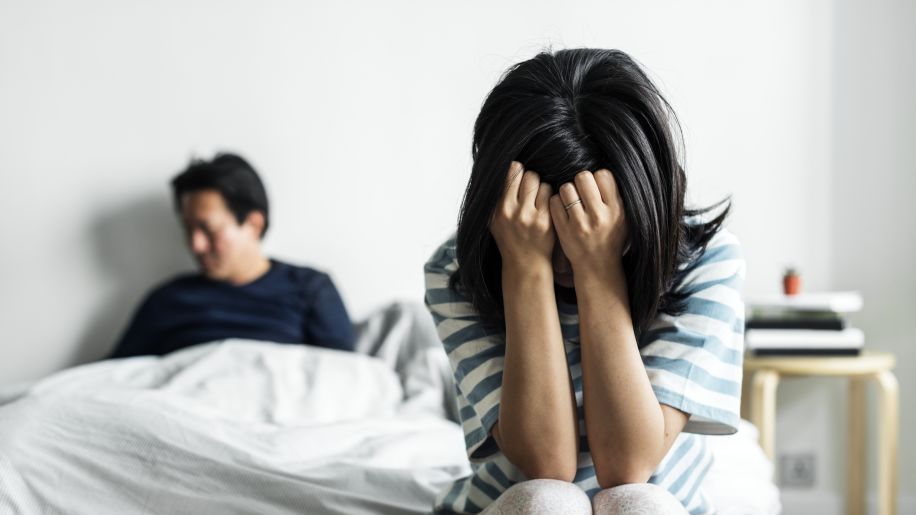
Relationship Problems
When major depression sets in, your partner may wonder if they did anything wrong. "There's a real set-up for misunderstandings and arguments," Marchand says. Loss of interest in activities you typically enjoy together, such as sex or going on walks, can be frustrating for your partner, and may fuel the idea that you aren't attracted to or don't care about spending time with them. Your partner may even blame themselves for your behavior.
It’s important for your partner to have an understanding of major depression and symptoms of depression, and go with you to occasional HCP appointments or therapy sessions.

Depression and Anxiety
"Anxiety disorder is common with depression," Marchand says. If you have depression, it's important to establish that up front, since some antidepressants can initially worsen anxiety.
Treatment for anxiety and major depression may include medications, psychotherapy, or both. For people with less severe symptoms, medication isn’t always necessary. Talking through feelings of sadness and anxiety with a therapist may be enough. Psychotherapy such as cognitive behavioral therapy can help you find constructive ways of coping with the stress that brought on the depression or anxiety, and help you feel more like yourself again.
National Institute of Mental Health. Depression. Page last reviewed September 2022.
Centers for Disease Control and Prevention. Mental Health Conditions: Depression and Anxiety. Page last reviewed September 14, 2022.
U.S. Department of Health and Human Services Mental Health.gov. Mental Health and Substance Use Co-occurring Disorders. Page last updated March 10, 2022.
National Institute on Drug Abuse Why is there comorbidity between substance use disorders and mental illnesses? April 13, 2021.
Barsha, RA, Hossain, M. Trouble Sleeping and Depression Among US Women Aged 20 to 30 Years. Preventing Chronic Disease, 2020; 17.
Mayo Clinic. Depression: Supporting a family member or friend. December 13, 2022.
Office on Women’s Health. Depression. Page last updated February 17, 2021.
National Health Service. Overview – Clinical depression. Page last reviewed December 10, 2019.
National Institute of Mental Health. Anxiety. Page last reviewed April 2022.
Featured Content
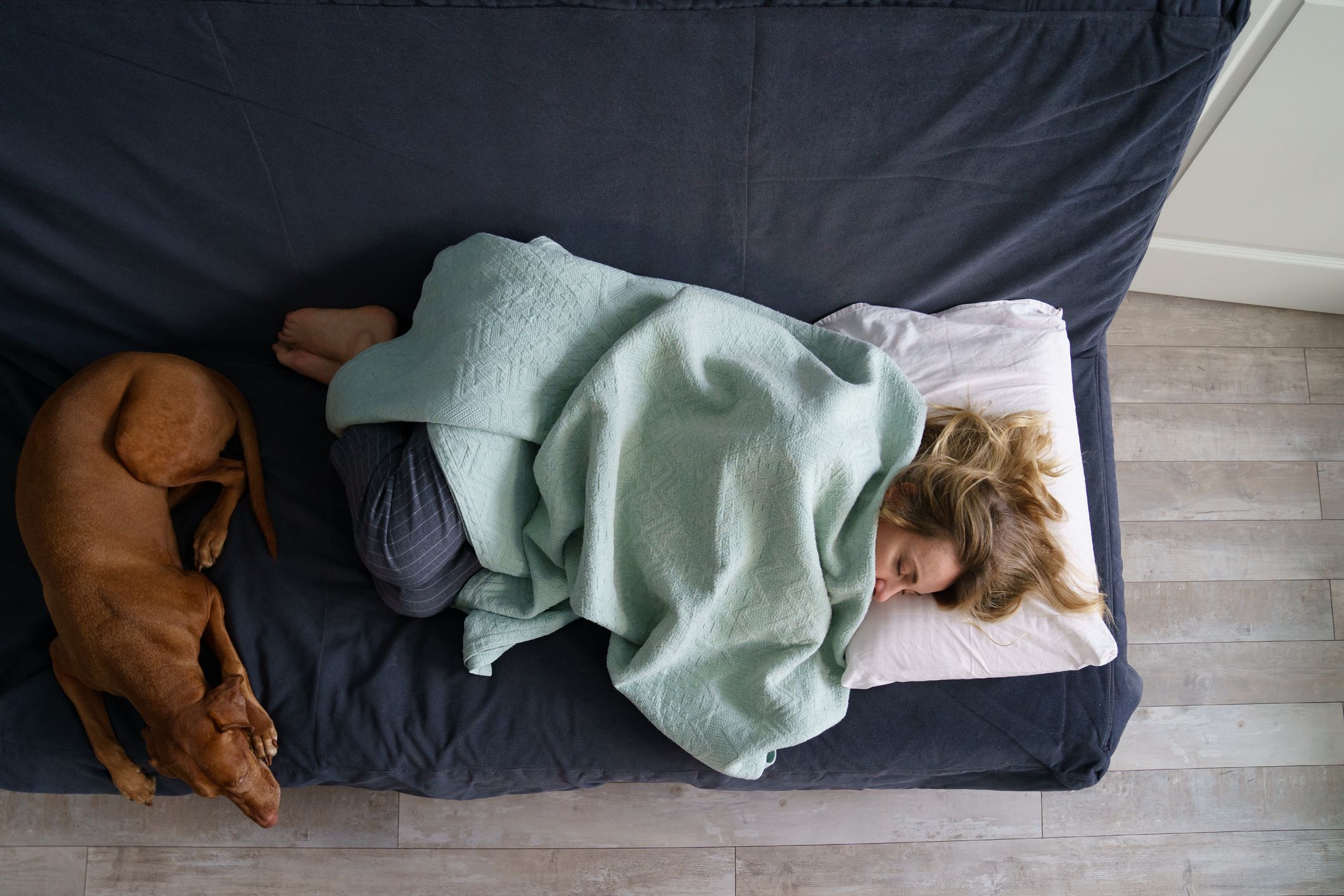
article

article

article
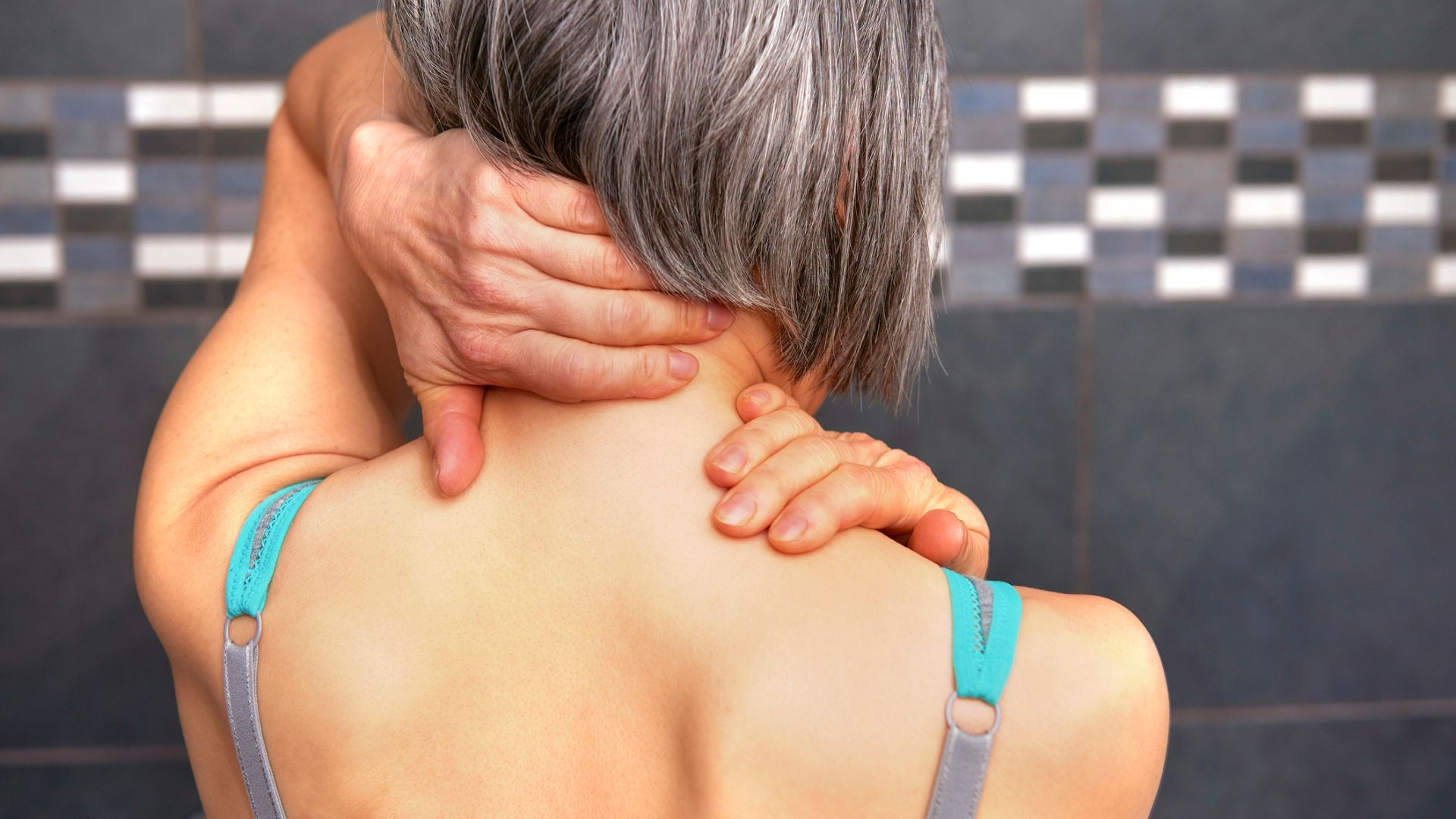
article
